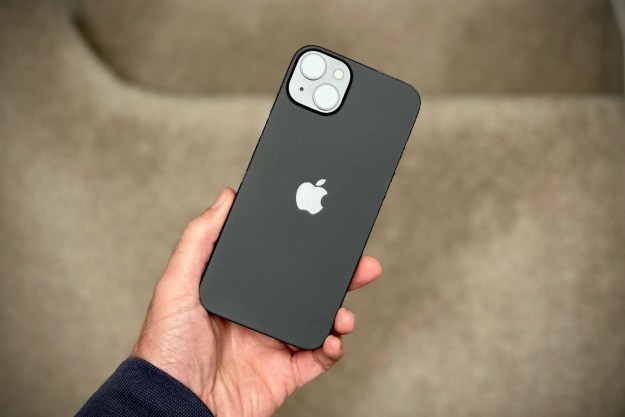Bong Joon-ho won in more than one way on Oscars night. His Best Picture-winning film Parasite also became the most searched film of this year’s award season courtesy of the “Oscars bump,” according to a blog post by Google. It seems the twists and turns of the story led straight to success at the box office, too.
Searches for Parasite, the first foreign language film to win Best Picture, went up an astonishing 857% the day of the Oscars, February 6. No doubt, viewers all over the world were dying to know where the much-heralded film was playing, who the actors are, which plot points fans vowed to never write spoiler alerts about, and why it was hailed by film critics.
Variety reported the surge could be because of the film’s portrayal of tensions between rich and poor families “at a time when economic inequality has become a dominant political issue.”
The bump lasted into the rest of the week as Bong, cast, and crew were basking in the glow of the Oscars statuette. It was the most-searched-for movie globally, more than double World War I epic 1917 and the Taika Waititi-helmed JoJo Rabbit.
Box-office bump
The search buzz seemed to help profits as well. According to IndieWire, Parasite has the biggest post-win gross since 2011’s The King’s Speech. It has grossed $20 million post-Oscars when the normal for Best Picture winners is around $5 million to $6 million. So far, the film has grossed a little over $48 million, with $30 million coming in after it was made available online.
It seems most viewers are happy to pay ticket prices to see the suspense on the big screen rather than amid the comforts of home.
I’s not just the film that was a big hit on Google after the Oscars. Bong’s name saw an increase in searches by a whopping 2,000%. It seems like viewers weere wooed by his delightful comments about the Oscars being a “local” awards ceremony, vow to “drink until next morning” during his acceptance speech, and insight into being open to films with subtitles.
Foreign films, particularly Korean cinema, have always had a following outside of their respective country ,but Parasite seems to have helped create at least a few new followers. The terms “Korea” and “film” saw a 47% surge in searches and hit a peak for the past year the week after its historic win.
The film and its director are not the only ones who sparked interest. Bong regularly appears in interviews and on stage with his Korean-American interpreter, Sharon Choi, who herself is working on a film about awards season.
So. if you haven’t seen the movie yet, stream it or head to the theaters. But first, Google a recipe for the ram-don noodle dish featured in it or search for a local restaurant or Asian supermarket for its ingredients. Searches for both of those things spiked by 200 to 400 percent after the Oscars.



